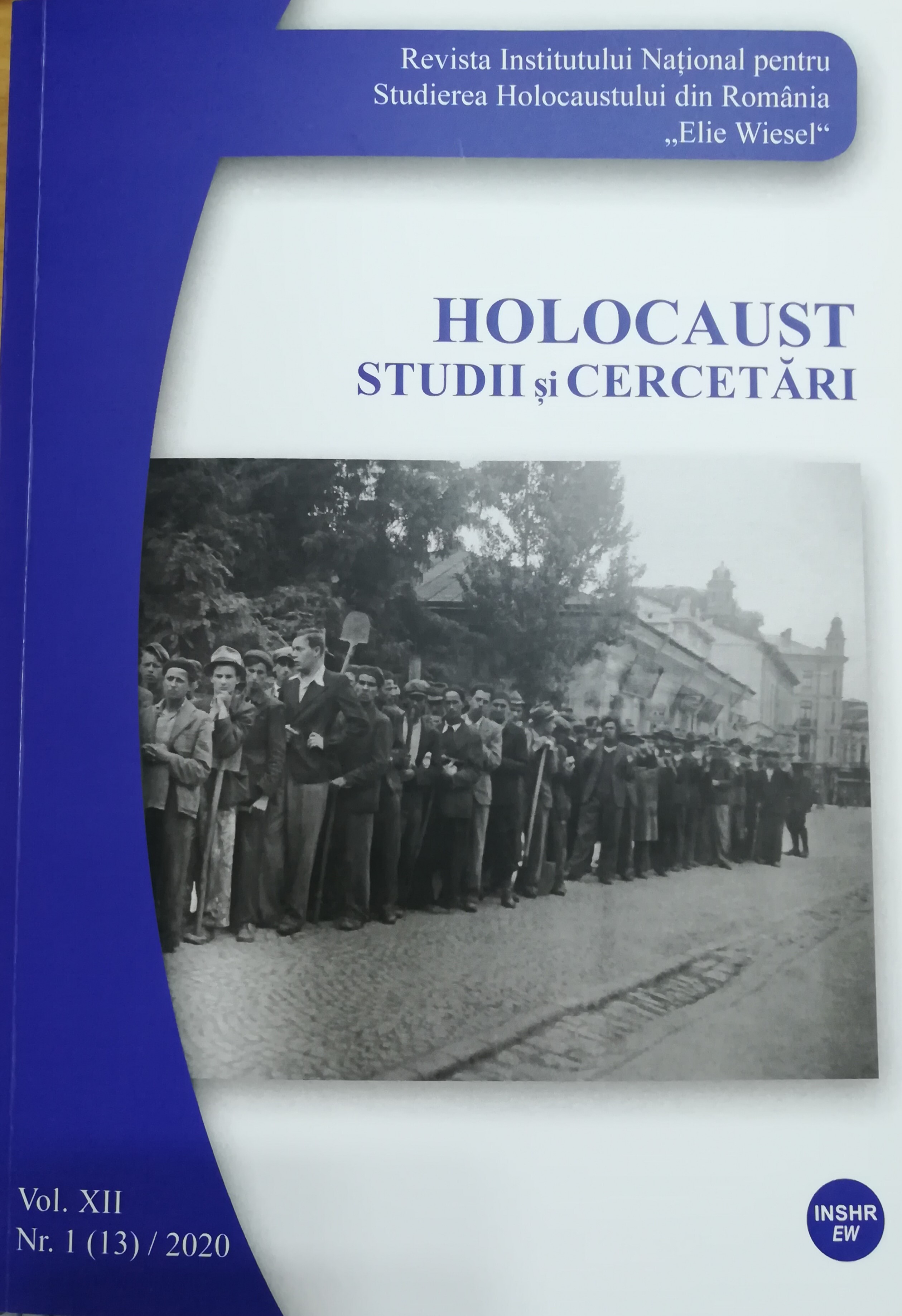The Reparations Game
The Reparations Game
Early Efforts at German Compensation for the Jewish Victims of the Holocaust in Romania (1967-1970)
Author(s): Petre MateiSubject(s): Diplomatic history, Economic history, International relations/trade, WW II and following years (1940 - 1949), Post-War period (1950 - 1989), Fascism, Nazism and WW II, History of the Holocaust, Cold-War History, Politics of History/Memory
Published by: Institutul National pentru Studierea Holocaustului din Romania ELIE WIESEL
Keywords: War reparations; compensation; Holocaust; Germany; Romania; Jews;
Summary/Abstract: In the late 1960s and early 1970s, Romania tried to obtain West German compensation for its Jewish victims of the Holocaust. Unlike other states, Romania’s attempts failed. This can be explained not only by the dynamic of the Cold War (which imposed certain restrictions on how West Germany related to the communist states in Eastern Europe), but also by the superficial approach Romania adopted towards compensation. Generally speaking, the Romanian authorities viewed the Jewish victims in Romania merely as a number of people whose persecution could be capitalized on, following a rather rudimentary strategy. Aware of the existence of certain legal obstacles, Romania acted unofficially (through Jewish proxies) between 1967 and 1970, but formalized its actions in 1970, when it started to discuss the compensation issue directly with West Germany. During both phases, the institution in charge was the Securitate, the notorious Romanian secret police. Its representatives made serious mistakes, such as misinterpreting the German compensation legislation and wrongly assumed that they could negotiate with West Germany from a position of strength. Until the collapse of communism, West Germany refused to even begin negotiations with Romania on the compensation issue.
Journal: Holocaust. Studii şi cercetări
- Issue Year: XII/2020
- Issue No: 13
- Page Range: 365-398
- Page Count: 34
- Language: English
- Content File-PDF

